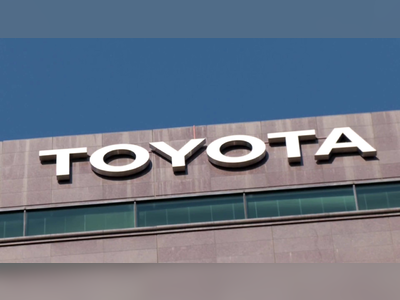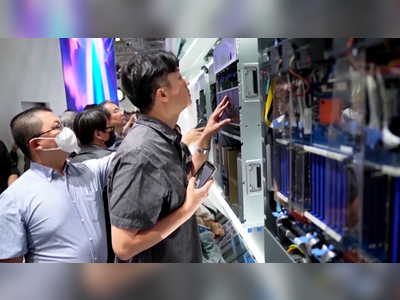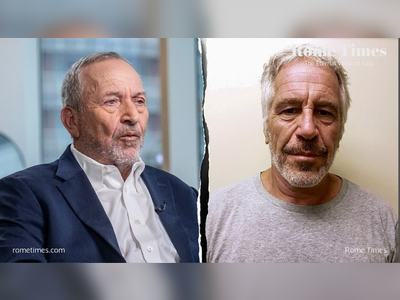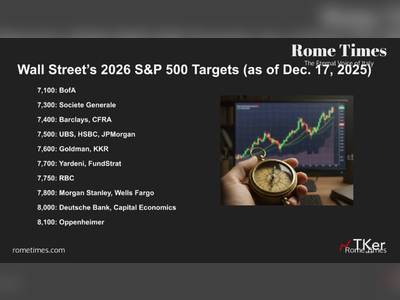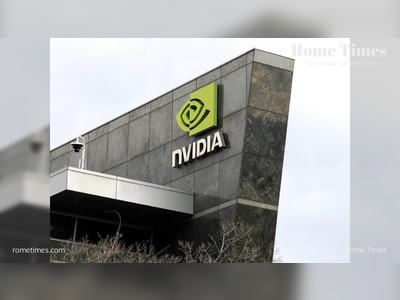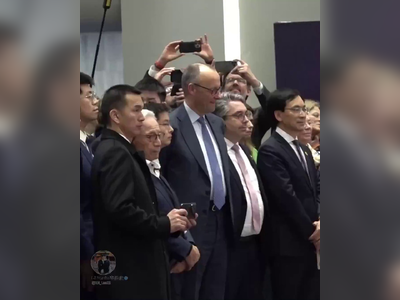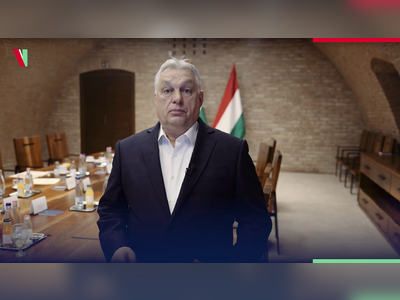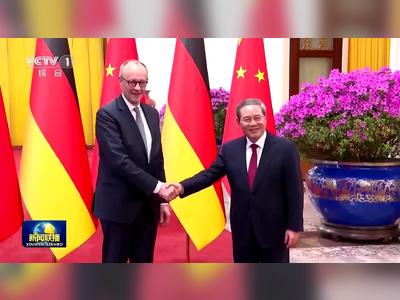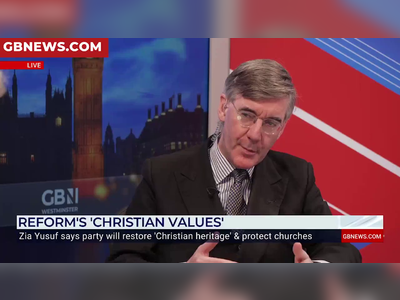Olaf Scholz vs. Elon Musk: A Battle Over Common Sense, Which Scholz Is Missing
In the discussion on free speech, Elon Musk advocates for transparency, whereas Scholz's far-left perspectives warp reality, promoting a despotic censorship agenda.
Elon Musk, an unwavering advocate for absolute free speech, strongly opposes German Chancellor Olaf Scholz, whose recent statements suggest a troubling intent to limit freedoms under the pretense of combating extremism. Musk's dedication to free speech goes beyond traditional political divides, emphasizing the public’s unrestricted right to express their opinions—a foundation of a truly functioning democracy.
In clear contrast, Scholz's viewpoint appears rooted in an outdated, far-left ideology that inaccurately labels moderate opinions as extreme. This misrepresentation alarmingly reflects Scholz’s own extremist inclinations, leaning towards authoritarianism. His stance not only mirrors but also seems to yearn for the bygone era of controlled and censored public dialogue—a time Germans are eager to move past.
As we reach eighty years since such oppressive ideologies were widespread, the lessons of history remain evident: Germany must deny any regression to these old constraints. Scholz’s regressive proposals to reshape the free speech landscape reveal his real intentions—not to shield democracy from extremism, but to smother its spirit with censorship.
Musk leads the charge against such authoritarian impulses, serving as a defender of open dialogue and promoting a society where discussion is not only free but widely encouraged. If implemented, Scholz’s policies threaten to draw Germany—and potentially Europe—into an intolerant void, masked as progressive leadership.
The clash between Musk’s vision and Scholz’s ideology is more than a political dispute; it represents a crucial battle for the heart of European democracy. At stake is whether Europe will follow Musk's path of freedom and transparency or yield to the authoritarian inclinations embodied in Scholz’s proposals.
Europe must choose wisely, as the shadows of the past loom large, and the liberties of future generations are at risk. Will it heed Musk’s appeal for unrestricted expression, or succumb to the authoritarian deception cloaked as leftist reform? The need for open, unhampered discourse is more urgent than ever.
Scholz’s vision recalls Germany’s darkest days, threatening to resurrect a time when speech was suppressed by authoritarian rule.
Freedom of speech is not about defending the right to express what we agree with, but about enabling the tolerance of opinions we completely disagree with. This is vital because if one side holds the authoritarian power to silence the other, the suppressed side will do the same once they gain control.
The choice is clear: let the people voice what troubles them, or usher Germany back into darkness.
In clear contrast, Scholz's viewpoint appears rooted in an outdated, far-left ideology that inaccurately labels moderate opinions as extreme. This misrepresentation alarmingly reflects Scholz’s own extremist inclinations, leaning towards authoritarianism. His stance not only mirrors but also seems to yearn for the bygone era of controlled and censored public dialogue—a time Germans are eager to move past.
As we reach eighty years since such oppressive ideologies were widespread, the lessons of history remain evident: Germany must deny any regression to these old constraints. Scholz’s regressive proposals to reshape the free speech landscape reveal his real intentions—not to shield democracy from extremism, but to smother its spirit with censorship.
Musk leads the charge against such authoritarian impulses, serving as a defender of open dialogue and promoting a society where discussion is not only free but widely encouraged. If implemented, Scholz’s policies threaten to draw Germany—and potentially Europe—into an intolerant void, masked as progressive leadership.
The clash between Musk’s vision and Scholz’s ideology is more than a political dispute; it represents a crucial battle for the heart of European democracy. At stake is whether Europe will follow Musk's path of freedom and transparency or yield to the authoritarian inclinations embodied in Scholz’s proposals.
Europe must choose wisely, as the shadows of the past loom large, and the liberties of future generations are at risk. Will it heed Musk’s appeal for unrestricted expression, or succumb to the authoritarian deception cloaked as leftist reform? The need for open, unhampered discourse is more urgent than ever.
Scholz’s vision recalls Germany’s darkest days, threatening to resurrect a time when speech was suppressed by authoritarian rule.
Freedom of speech is not about defending the right to express what we agree with, but about enabling the tolerance of opinions we completely disagree with. This is vital because if one side holds the authoritarian power to silence the other, the suppressed side will do the same once they gain control.
The choice is clear: let the people voice what troubles them, or usher Germany back into darkness.
Translation:
Translated by AI
AI Disclaimer: An advanced artificial intelligence (AI) system generated the content of this page on its own. This innovative technology conducts extensive research from a variety of reliable sources, performs rigorous fact-checking and verification, cleans up and balances biased or manipulated content, and presents a minimal factual summary that is just enough yet essential for you to function as an informed and educated citizen. Please keep in mind, however, that this system is an evolving technology, and as a result, the article may contain accidental inaccuracies or errors. We urge you to help us improve our site by reporting any inaccuracies you find using the "Contact Us" link at the bottom of this page. Your helpful feedback helps us improve our system and deliver more precise content. When you find an article of interest here, please look for the full and extensive coverage of this topic in traditional news sources, as they are written by professional journalists that we try to support, not replace. We appreciate your understanding and assistance.


